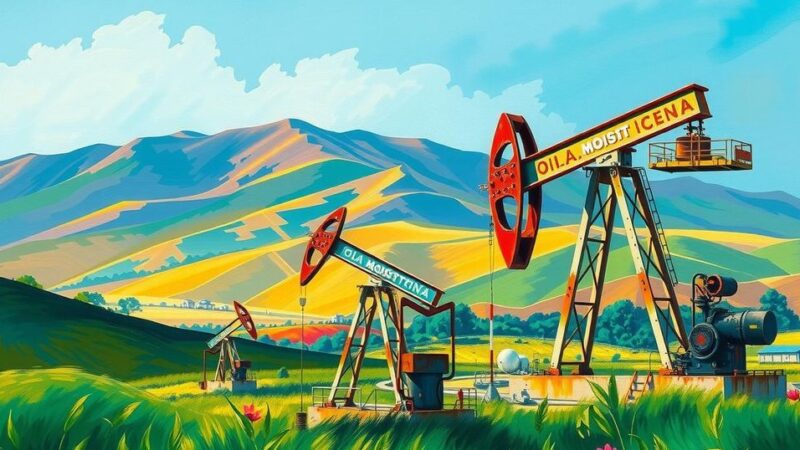Subpar rainfall in Brazil is impacting coffee production, leading to an increase in coffee prices globally. The situation may result in supply constraints that investors need to observe closely, given Brazil’s role in the coffee market.
Recent reports indicate that subpar rainfall in Brazil, a significant coffee-producing nation, has positively influenced coffee prices globally. The reduction in moisture levels is likely to affect both the quality and quantity of the coffee bean harvest. As Brazil contributes to approximately one-third of the world’s coffee supply, any disturbances in production can lead to heightened market volatility. This situation presents an opportunity for investors and traders to reassess their positions, given the anticipated supply constraints that could drive prices higher in the coming months.
Brazil is renowned for being one of the largest producers of coffee globally, primarily cultivating Arabica and Robusta beans. Weather conditions play a critical role in the agricultural sector, and rainfall patterns significantly impact crop yields. A decrease in rainfall not only affects farmers’ productivity but also impacts the global supply chain, as Brazil’s coffee beans are integral to international markets. Therefore, the current weather patterns are crucial for stakeholders in the coffee industry to monitor closely.
In summary, the current situation of below-average rainfall in Brazil poses a significant threat to coffee production, consequently elevating coffee prices on the market. As Brazil is a key player in the global coffee market, fluctuations in its production levels will likely continue to affect prices and market dynamics. Investors and stakeholders should remain attentive to weather forecasts and agricultural trends to navigate the impending changes effectively.
Original Source: www.barchart.com






